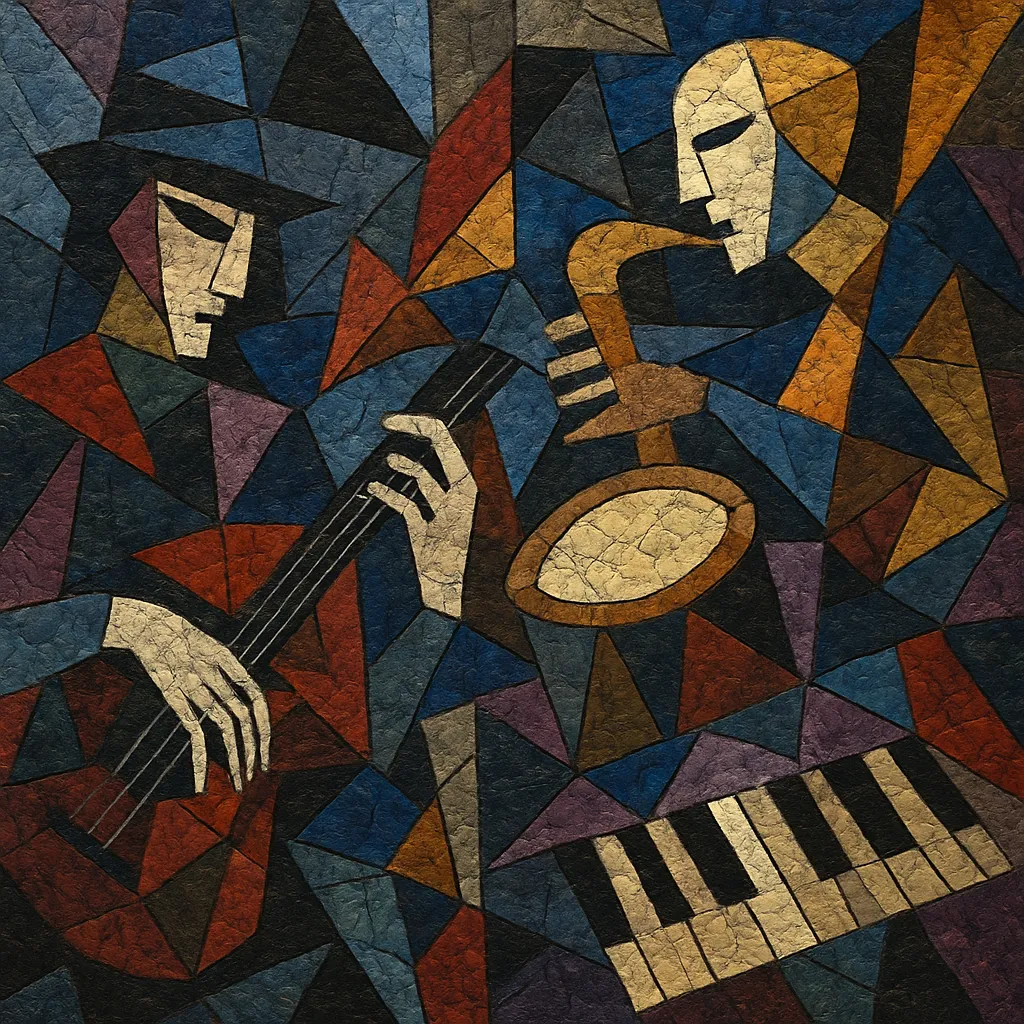Avant-prog (avant-garde progressive rock) is a branch of progressive rock that emphasizes experimentation, dissonance, and structural innovation. It often blends rock instrumentation with chamber-music timbres (strings, woodwinds, brass) and techniques borrowed from 20th‑century classical music, free jazz, and minimalism.
Typical traits include irregular and shifting meters, abrupt contrasts, complex counterpoint, atonal or modal harmony, extended techniques, and through-composed forms that minimize or abandon verse/chorus structures. The mood ranges from stark and austere to playfully surreal, with a frequent penchant for theatricality and sound collage.
The movement’s ethos—crystallized by the late‑1970s Rock in Opposition (RIO) collective—was as much cultural as musical, favoring artistic independence, DIY production, and an oppositional stance toward commercial music industry norms.
Avant-prog grew from the more experimental edges of progressive rock as artists absorbed 20th‑century classical techniques, free jazz energy, and the textural boldness of experimental rock. Early forerunners explored atonality, asymmetric meters, and chamber instrumentation, setting the stage for a distinctly non-commercial, composition-driven rock language.
In 1978, Rock in Opposition (RIO)—a collective spearheaded by Henry Cow—connected like‑minded European groups (including Univers Zero, Art Zoyd, Samla Mammas Manna, and Stormy Six). RIO articulated a shared aesthetic and a collaborative, independent model for recording and touring. Musically, these bands expanded rock’s palette with bassoon, oboe, strings, and percussion ensembles, while drawing on serialism, minimalism, and contemporary classical harmony.
Although mainstream progressive rock waned, avant-prog persisted via specialist labels, independent distribution, and international networks. New ensembles in North America and Europe developed the idiom with meticulous studio craft and increasingly intricate scores, often intersecting with zeuhl, Canterbury-influenced jazz-rock, and modern chamber music. The scene’s durability rested on live circuits, small festivals, and dedicated audiences.
Renewed interest in complex, genre-defying music spurred a new wave of bands and cross-pollination with math rock, avant-metal, and post-rock. Contemporary groups maintain the RIO/avant-prog ethos—rigorous composition, timbral experimentation, and independence—while embracing modern production and global collaboration.
Aim for music that privileges composition over riffs, contrast over continuity, and timbral variety over uniformity. Embrace an exploratory mindset and avoid conventional verse/chorus forms.


